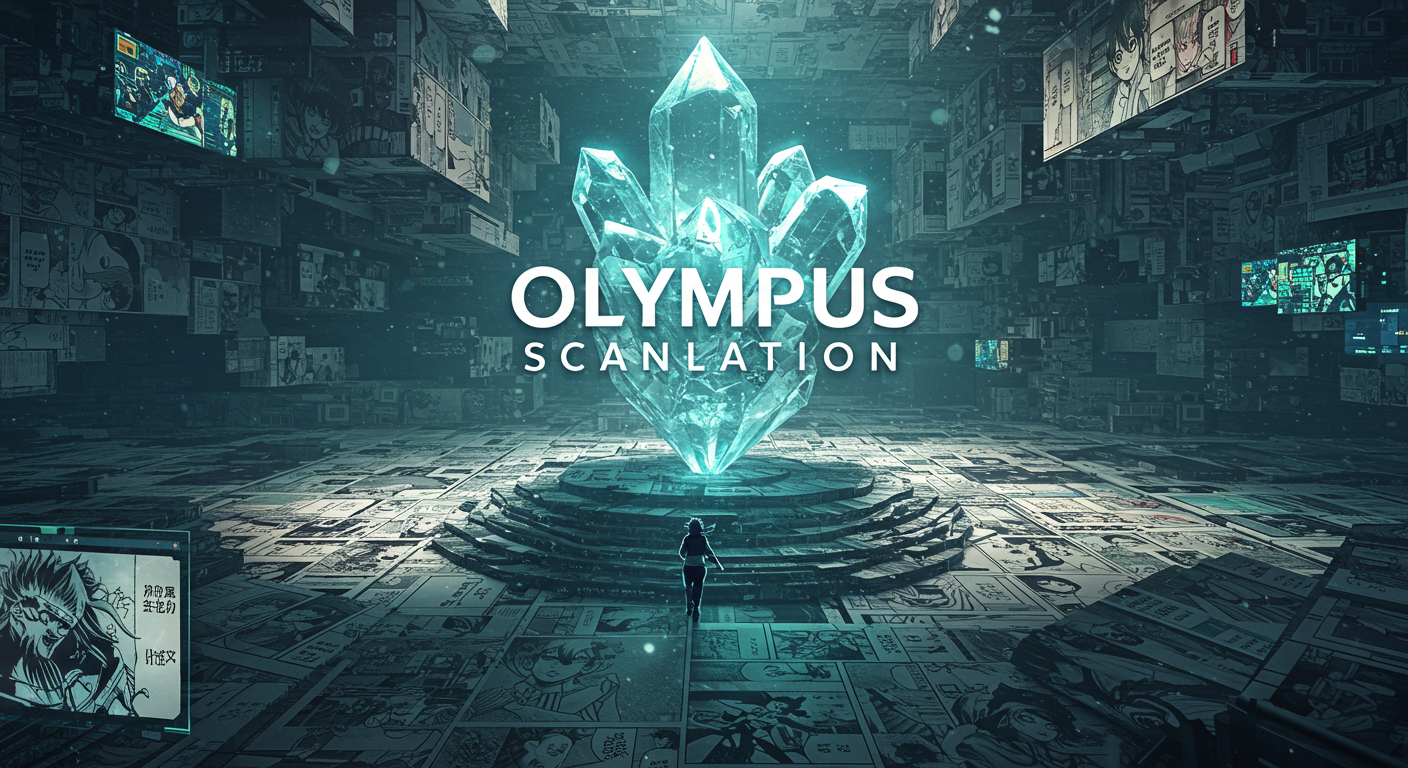OlimpUS Scanlation: Bringing Unseen Stories to Global Readers
Introduction to OlimpUS Scanlation
In the world of manga and comics, language barriers often stop great stories from reaching a wider audience. Many remarkable titles remain locked behind linguistic walls, available only to those who can read the original language. This is where groups like OlimpUS Scanlation step in. Known for its dedication and passion, this long-standing scanlation team focuses on translating and sharing manga that have not yet been licensed or published outside their country of origin.
Rather than chasing popular titles, the group shines a spotlight on hidden gems—stories that deserve appreciation but might otherwise never leave the pages of their native language editions.
What Is Scanlation?
Before understanding the uniqueness of OlimpUS Scanlation, it’s important to know what scanlation means. The term combines “scan” and “translation”. It refers to the process of scanning pages of manga, cleaning them, translating the text, and typesetting the translated words back into the artwork.
This process allows readers worldwide to enjoy works that might not be accessible through official channels. For many fans, scanlation is the bridge between them and the stories they would otherwise never encounter.
The Origins of OlimpUS Scanlation
OlimpUS Scanlation began as a small group of dedicated manga enthusiasts. Its members came together with a single shared purpose—introducing unique and culturally rich titles to readers who do not speak the original language. While many scanlation groups focus on current trends, OlimpUS always leaned toward uncovering forgotten classics, limited-edition releases, and niche genres.
Over time, this commitment earned them a reputation for quality over quantity. Rather than pushing out dozens of projects at once, they prioritize careful translation, ensuring that the nuances and emotions of each line are preserved.
Why They Stand Out
Several qualities make OlimpUS Scanlation different from others in the same space:
- Focus on Untranslated Titles – Instead of revisiting works already available in English or other languages, they focus on previously untouched series.
- Cultural Fidelity – They preserve important cultural references rather than replacing them with generic equivalents, often adding small translator’s notes for clarity.
- Team Cohesion – Members work closely across multiple stages—translation, cleaning, proofreading, and typesetting—ensuring consistency from start to finish.
- Reader-Centric Approach – Feedback from readers is taken seriously, leading to improvements in clarity, tone, and presentation.
The Scanlation Process at OlimpUS
Bringing a manga from raw scans to a polished translated release is no small feat. OlimpUS Scanlation follows a structured process:
1. Title Selection
Choosing a project is the first and most important step. The team carefully researches each title, considering factors such as cultural significance, storytelling quality, and rarity. They avoid works that already have official translations in order to respect the creative rights of publishers.
2. Scanning and Cleaning
Once a title is selected, the raw pages are scanned in high resolution. Then the cleaning process begins—removing background text, smoothing out paper textures, and restoring any faded artwork.
3. Translation
Fluent translators work to convert the original dialogue into English (or other target languages), making sure to keep the tone, humor, and emotional weight intact.
4. Proofreading
Editors review the translations for grammar, spelling, and readability. This stage ensures the flow of the story feels natural to the reader.
5. Typesetting
The cleaned images are combined with the translated text, matching the style and placement of the original lettering as closely as possible.
6. Final Review
A quality control check is done before release to make sure nothing feels out of place. Only after this step is the chapter or volume published online.
Challenges They Face
Running a scanlation group like OlimpUS is far from easy. Some of the main challenges include:
- Time Commitment – Translating a single volume can take weeks or even months.
- Finding Quality Raw Scans – Older or rare titles can be difficult to locate in good condition.
- Balancing Accuracy and Readability – Literal translations can feel stiff, but overly localized ones can lose the author’s intent.
- Sustainability – Since most scanlation work is unpaid, team members must balance it with their personal and professional lives.
Despite these challenges, OlimpUS Scanlation continues to deliver exceptional work year after year.
The Importance of Their Work
While official publishers bring many titles to the global market, countless others are left behind. This is especially true for niche genres such as historical romance, slice-of-life dramas set in unique regions, or experimental storytelling styles.
OlimpUS Scanlation’s efforts preserve these works and introduce them to new audiences. In a way, they are cultural archivists—ensuring that no great story fades into obscurity simply because of a language barrier.
Community and Reader Interaction
OlimpUS Scanlation has built a loyal community of readers who appreciate their dedication. Through forums, chat groups, and social platforms, fans share feedback, discuss plot theories, and sometimes even suggest future projects.
In some cases, readers contribute by providing raw scans from their own collections, offering translation assistance, or donating to cover operational costs.
The Ethics of Scanlation
The topic of scanlation often raises questions about legality and ethics. OlimpUS Scanlation operates with a respectful approach: they work only on titles without official translations and stop their projects immediately if a publisher licenses the series.
This practice supports creators and publishing companies while still giving readers access to otherwise unavailable works.
The Future of OlimpUS Scanlation
As digital publishing evolves, the role of scanlation groups may also change. New translation technologies, better scanning tools, and global demand for diverse stories will likely shape the group’s future.
OlimpUS Scanlation seems poised to adapt to these shifts. Their combination of passion, skill, and cultural respect positions them to remain a trusted name among readers who seek rare and meaningful manga.
Conclusion
OlimpUS Scanlation is more than just a group that translates comics—it’s a dedicated team preserving stories that might otherwise be lost to time and language barriers. Through meticulous work and a deep love for the medium, they have earned the respect of readers worldwide.
Their journey serves as a reminder that storytelling knows no borders. As long as there are people willing to share and preserve art, tales from every corner of the world will continue to find new homes in the hearts of readers everywhere.





